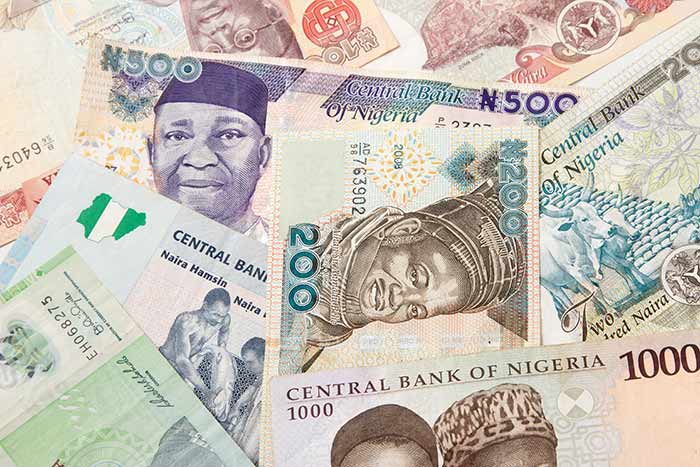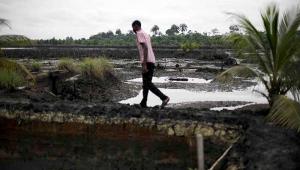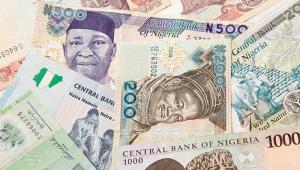web_nigeriannaira_shutterstock_200751113.jpg

Nigerian naira
With its economy in recession for the first time in a quarter of a century, the Nigerian government hopes to revive growth with a stream of capital projects.
However plans to increase spending by almost 20% are set to leave Nigeria with a 2.36 trillion naira ($7.7bn) hole in its budget to plug this year.
Yesterday’s bond has a 15-year maturity and yield of 7.5%, the finance ministry said. It was almost eight times oversubscribed.
Finance minister Kemi Adeosun explained that it will help fund capital spending in the 2016 budget, which was the country’s biggest budget ever until it broke that record again with its spending plans this year.
It was announced earlier this month that capital releases from the 2016 budget had hit 1 trillion naira ($3.3bn) – their highest ever annual level.
As the country’s economy and public finances struggled with a significant decline in oil revenues as a result of depressed prices and production, the government had been criticised for the slow pace of delivery of promised capital spending.
The ministry said various projects had now received financing, including a railway line between Lagos in the south west and Kano in the north, road rehabilitation, an expansion of irrigation for agriculture and an upgrading of aviation infrastructure around the country.
“We are determined to transform the economy and this is why we are focused on capital expenditure,” said Adeosun at the time.
“If we have our rail, road and power, then we will be able to generate jobs and prosperity.”
However, the first record budget last year failed to stave off the recession as planned. The collapse in oil prices also led to a severe shortage of the foreign currency relied upon for imports, pushing inflation upward.
The government also struggled to fund the record spending. This year, it is planning even more ($24bn).
While the oil price is starting to stabilise, the country has looked to borrow to finance its plans. As well as two eurobonds worth $1.5bn, it has announced plans for a $300m bond targeted at the Nigerian diaspora and a $65m green bond.
It also hopes to secure $1bn worth of loans from development banks and a further $1.3bn from China for railway projects.













